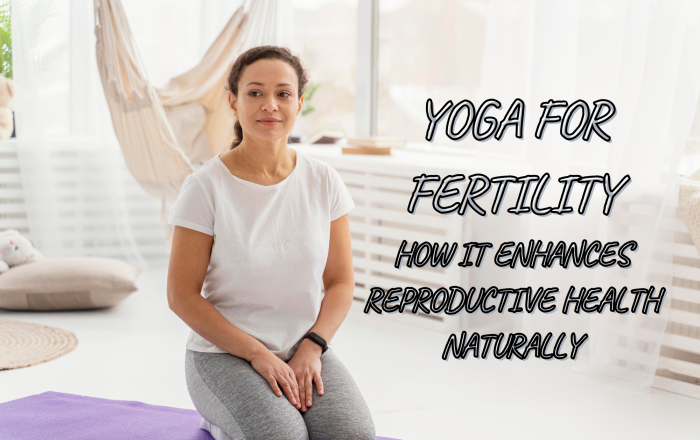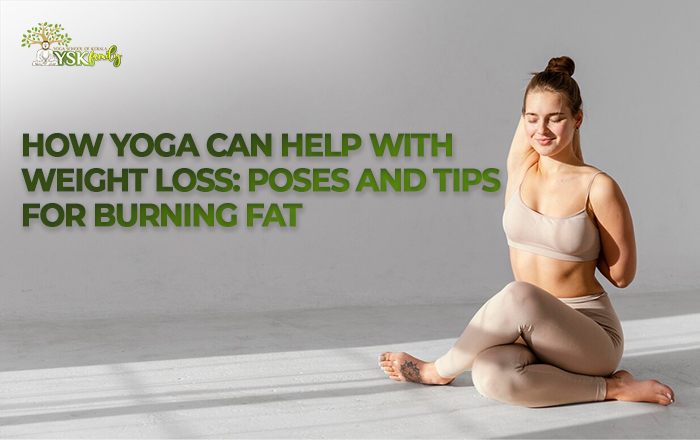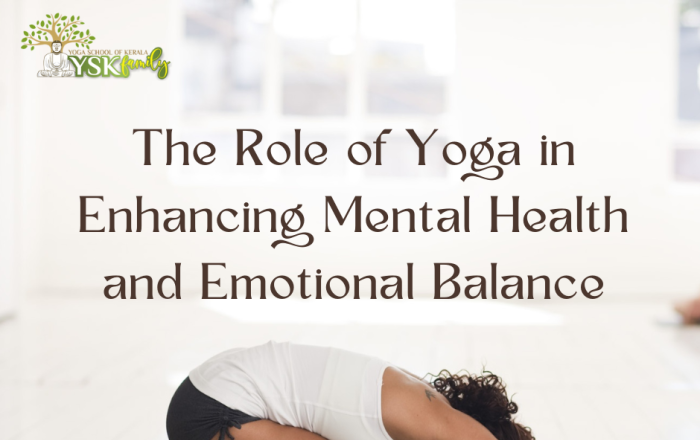
Blog

Blog
Ancient yoga practices from around the world that taps into the healing power of nature. Here are…
Yoga with Sunshine, Wind, Water, Earth! There are lot of benefits of Practicing Yoga in Nature. We…
The harmony of yoga practice in nature’s adobe helps to heal the self & promote positive…
In today's fast-paced world, stress, lifestyle habits, and environmental factors…
Yoga, an ancient practice rooted in Indian philosophy, is more than just a form…
In today's fast-paced world, many people struggle with falling asleep or staying asleep…
In today’s fast-paced world, busy professionals often struggle to find time for self-care.…
Yoga is often associated with relaxation, mindfulness and flexibility, but did…
In an era where stress, anxiety and emotional unrest are increasingly common, the…









